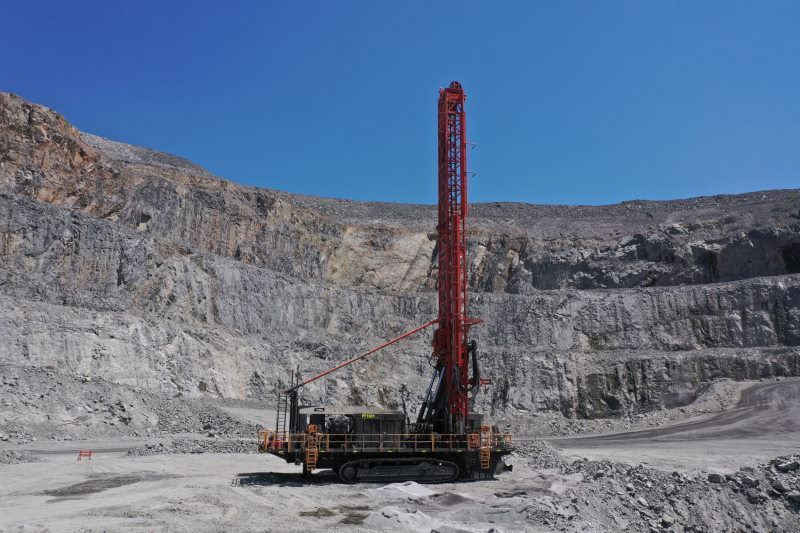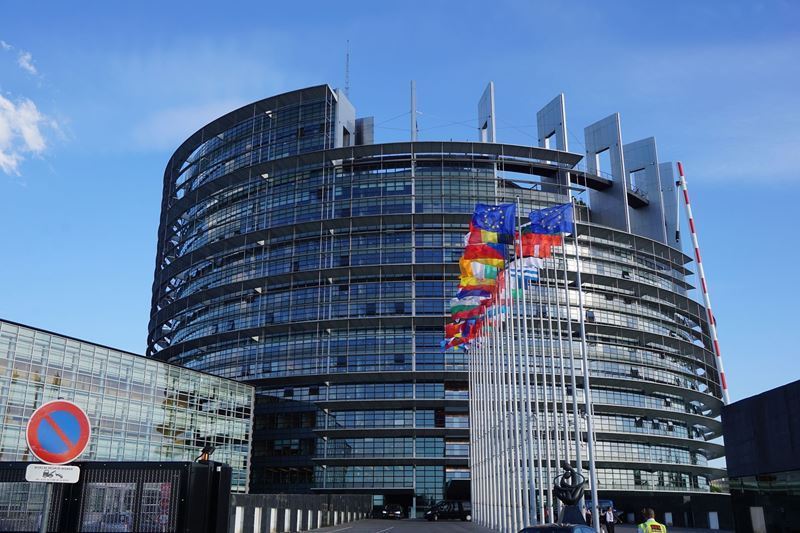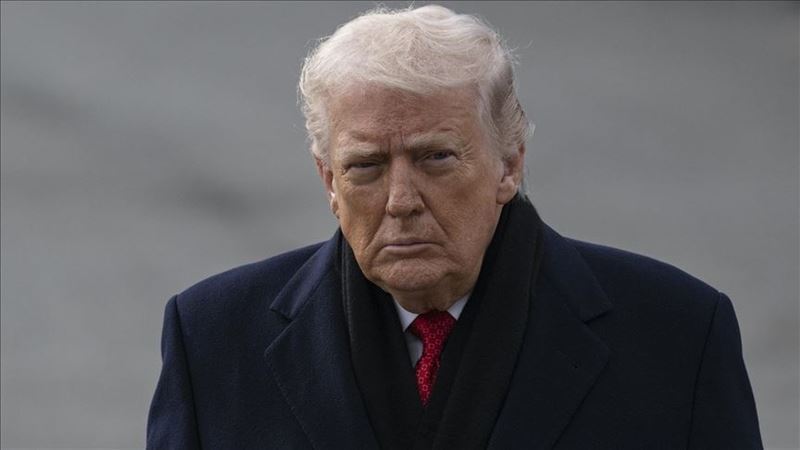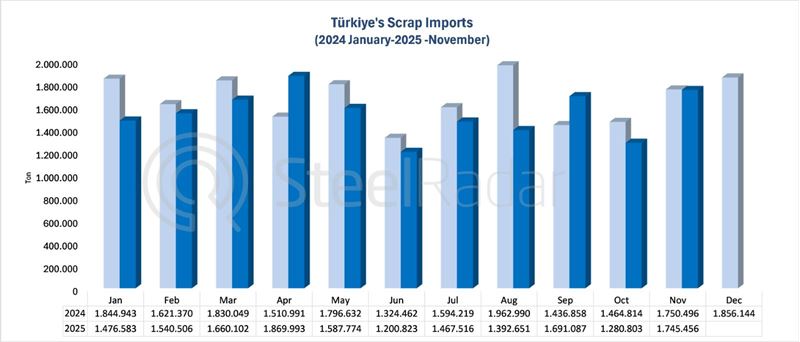EUROFER, the European Steel Association, highlights that the implementation of the EU’s Steel and Metals Action Plan must be much more resolute, effective trade defense measures against global overcapacity must be adopted, competitive low-carbon energy and scrap availability must be guaranteed, and a functional Carbon Border Adjustment Mechanism (CBAM) must be established.
EUROFER Director General Axel Eggert stated, “As the EU steel industry, we support the 2050 climate neutrality goal and have over 60 industrial-scale projects ready to achieve significant emission reductions by 2030 if timely and effective support is provided. However, due to unfavorable conditions, many projects are delayed and some have been completely halted. Under these circumstances, setting a 90% reduction target for the entire EU by 2040 means that energy-intensive sectors – such as steel, transport, and households – would need to be almost entirely decarbonized within just 15 years, which becomes an unrealistic expectation.”
Eggert noted that industrial production in the EU has decreased by 26 million tons over the past six years and that investment levels remain worryingly low. He stressed that the EU must double its efforts to implement the Action Plan to reverse the current deindustrialization trend. He also mentioned that the recently announced Clean Industrial Deal State Aid Framework (CISAF) and the CBAM export communication documents are positive steps but have limited concrete impact.
Eggert pointed out that the effectiveness of CISAF depends on national implementation and that current stringent rules negatively affect long-term investment decisions in energy-intensive sectors. He added that the CBAM export announcement lacks a real legal proposal or design. It remains uncertain whether the proposed mechanism for exports under CBAM will provide sufficient protection for export-oriented European companies, who annually export billions of euros worth of products covered by CBAM.
“Intense debates focus on the level of the climate target, but the worrying state of European industry – which is of central importance for achieving the target – is not sufficiently discussed,” Eggert warned. He emphasized that climate goals must be achieved in Europe through innovation and investment, not through deindustrialization.
Eggert concluded his statement by stating, “This target can only be reached if the EU swiftly supports the necessary business model for transition. This means competitively priced low-carbon energy at the international level, prevention of global overcapacity, an effective and watertight CBAM, keeping resources within Europe, and the implementation of European content incentives. We are ready to work with EU policymakers without delay to create and implement this framework.”










Comments
No comment yet.